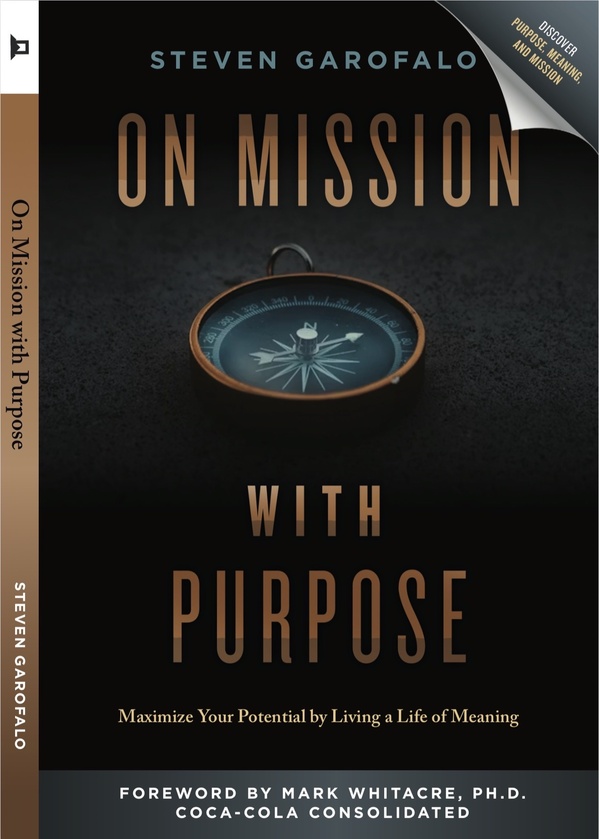The TRUTH as to the title of today's entry is-NO. The Disadvanted ought not be treated any differently than anyone else. Let me explain:
Today, we hear alot about the disadvantaged no deserving of the same as the advantages or that they shouldn’t receive the full sentencing as the general public for crimes committed. For example, when the riots of 2020 were happening, and stores, business, and some homes were looted and burned, it was portrayed by the media and government officials as an expression of free speech and a legal form of protest against some perceived injustice laid on the shoulders of the disadvantaged.
This begs the question as to what does it mean to be “disadvantaged”. In reality, aren’t most if not all human beings disadvantaged in some way, shape or form?
According to MerriamWebster.com dictionary, the definition and meaning of “disadvantaged” is: “lacking in the basic resources or conditions (such as standard housing, medical and educational facilities, and civil rights) believed to be necessary for an equal position in society”.
In America, the “disadvantage” are basically what we (not the rest of the world) would define as “poor”. But what does it mean to be poor? Aren’t you and I poor standing next to Bill Gates? And when did being “disadvantaged” become an excuse or valid reason for committing a crime in light of receiving a more lenient sentence for a criminal or civil violation according to the law? The only way to answer this question is to look at the objective Word of God-the Bible, because God’s Word is the only true, objective to blind justice that exists.
In the book of Exodus, we find God’s law addressing the “POOR” or “DISADVANTAGED” in light of criminal activity and sentencing. Let’s take a look now at what God says and not what the government or perhaps, what we may want the law to say. God tell's us this in Exodus 23: "2 You shall not fall in with the many to do evil, nor shall you bear witness in a lawsuit, siding with the many, so as to pervert justice, 3 nor shall you be partial to a poor man in his lawsuit.” (Exodus 23:2-3)
Let me repeat verse 3: “…nor shall you be partial to a poor man in his lawsuit” (Exodus 23:2-3). So what does it mean to be “partial to the poor man” within the context of a lawsuit? It means God’s support of the poor (22:25-27) did not overrule His justice. Here God anticipated that some would use poverty as an excuse for greedy, even criminal activity.
I went back and looked at other of verses relating to criminal activity and the consequences when caught. Nowhere did I see an excuse for any sort of criminal activity based on being poor or disadvantaged. If you are tempted to argue that the rich get away with murder, or at least a whole lot of bad, due to the fact that they the financial means to do so, you are right in some cases. That's not a moral or legal reason to negate or soften the law fo the poor o though. Whether you are rich, poor, or middle class, the law is in God’s eyes “blind” to wealth, color and social class. It’s simply the law according to God as the ultimate, equal standard for all human beings.
In reality, when the government favors the poor or the rich in the sentencing or charging of a criminal act, they are acting against God’s law. Leviticus 19:15 says, Do not pervert justice; do not show partiality to the poor or favoritism to the great, but judge your neighbor fairly”. In other words, justice by its very nature must be “blind” as to income level, social class, color, ethnicity and the like. When the law is perverted, distorted, and not applied fairly, truthfully and equally to God’s singular race-the “human race”, all of which were created in His image, justice and equality are erased in those cases without exception.
The law given to the Israelites by God was to reflect God’s impartiality on all human beings, in every class, of all color and for every ethnicity. The unfairness many of us face in our broken world was to be relieved by the unbiased nature of the Hebrew legal system. The poor were and are to be cared for, but not in a way that showed (or shows) prejudice against the rich. And vice versa. Likewise, the rich were not to receive special treatment when decisions are made. God makes clear in many verses that it was right thing to do and often the law to "help" the poor among their fellow Israelites (Deuteronomy 15:7-8; Leviticus 25:35-36). But God was clear that there will always be poor among us (Deuteronomy 15:10-11). In the end God says in Psalm 140:12, “I know that the Lord secures justice for the poor and upholds the cause of the needy”. In the end, when we as human’s running the courts and legal system delay or distort justice, we distort God’s will, ways and justice in light of our own desires (often flowing from our emotions). Today, I focussed on the poor because the poor most often want to point to the rich as an excuse for their bad behavior. In God’s eyes and His Word, there are no excuses for not administering blind justice.
It's out of God's goodness that we find BLIND JUSTICE: God is unwaveringly good. It’s out of His goodness and justice, his loving kindness and mercy that He steadfastly wills the highest good for man and woman-created in His image. As James writes, “every good thing and every perfect gift is from above, coming down from the Father of lights, with whom there is NO VARIATION or SHIFTING SHADOW” (James 1:17; Matthew 5:43-48). It’s because God is perfectly GOODthat He is also perfectly JUST. All of God's attributes are equal. From the poor (disadvantaged) to the rich (advantaged) we all share the commonality of being made in God’s image. God has given us all that we need to act and do rightly. We all have a conscience and heart to do the “right and just-legal thing despite our economic and social standing. We all have the equal ability to seek God for that wisdom and knowledge and to live as such. And in the end, for all of us moral creatures, God’s justice demands that He rightly judge our deeds (Ecclesiastes 3:17; 2 Thessalonians 1:6-10). God still judges our deeds, but when saved by the blood of Christ, those deeds are covered over as an atonement for our sins freely offered to us in the name of Jesus Christ for our salvation. As such, when we violate the law according to God, God’s justice still demands that He discipline us out of love in mercy and in justice in an effort to draw us closer to Him.
In conclusion, God commands that those running the legal system are not to be partial to the poor in a legal or criminal matter simply because he or she is poor. The principle of “fairness” was to be upheld above all (23:3). For example, one was enjoined to care for the property of others (23:4-5); the principle of the right and value of personal property was just as much a concern as the need to care for the vulnerable and needy. Justice (as in a court of law) was and is to be maintained. No false witness was or is to be given, no bribe to be taken, no oppression (meaning advantage taken) of strangers (23:6-9) to be permitted. In the end, to treat people unevenly based on their wealth or lack there of is incompatible with the mind, heart and will of God.
The Lord is a God of truth and justice, and as his people, we must be people of fairness, truth and justice. In the the end the Word of God makes clear that “ NO, THE DISADVANTAGED SHOULD NOT BE JUDGED ANY DIFFERENTLY FROM ANY OTHER PEOPLE” for criminal and/or civil crimes.













